Experiential AI: Between Arts and Explainable AI (2024)
Drew Hemment, Dave Murray-Rust, Vaishak Belle, Ruth Aylett, Matjaz Vidmar, Frank Broz
ABSTRACT
The current explosive development of artificial intelligence (AI) has profound implications for the arts and society. However, due to the move to data-driven systems and increasingly complex machine learning (ML) algorithms, many current AI tools are inscrutable and opaque to human understanding, which limits the scope for informed human intervention. Generative AI tools powered by recent developments in diffusion models and large language models are powerful yet work in very particular ways and are black-boxed. There is a contradiction inherent in generative AI, in so far as the pervasive availability of prompt driven systems lowers the barrier to entry to AI, yet at the same time the user remains oblivious as to the mechanics of creation and retains little control of it. Users' agency over a tool's precise function and modes of use is further curbed by the prevalence of centralized, extractive business models, the trend towards Internet-scale training datasets, and the computing resources these systems require. More broadly, in current AI everything from the way data is collected, labelled, and cleaned to the way algorithms are trained and tested profoundly determines the types of outputs and decisions generated and their impacts on end users. Furthermore, powerful and widely applied deep learning algorithms encode the system’s knowledge implicitly and in a distributed fashion, so that even experts may not be able to easily determine what the system "knows." These barriers limit the creative agency of artists and their ability to work with ML as material or tool; diminish the ability of individuals to make good decisions about using a system, contest or debug its outputs, and help shape its design and operation; and can more widely inhibit transparency, fairness, trust, and safety in AI deployments.
CITE AS
Hemment, D., Murray-Rust, D., Belle, V., Aylett, R., Vidmar, M., & Broz, F. (2024). Experiential AI: Between arts and explainable AI. Leonardo, 57(3), 298-306. [Advance online publication.] https://doi.org/10.1162/leon_a_02524
